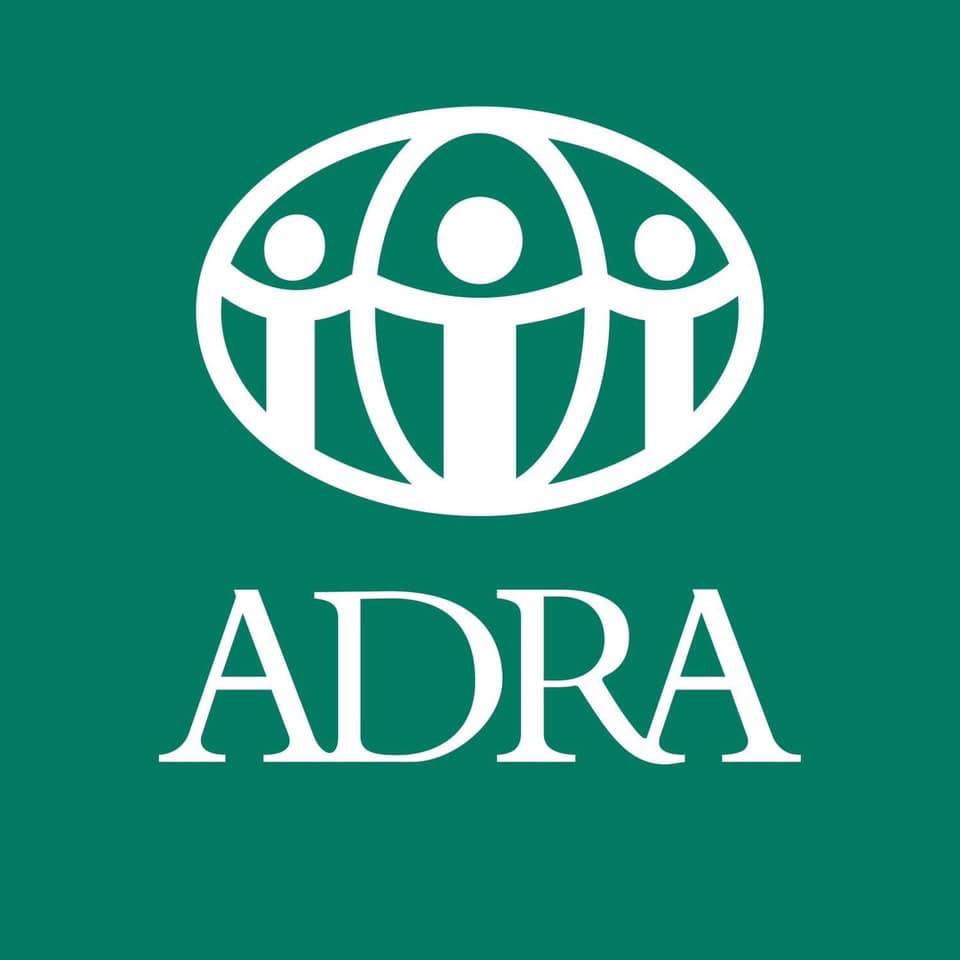With the cat management bill passing both houses of Parliament in August, Jackson Worthington (The Examiner) spoke to RSPCA Tasmania chief executive officer Jan Davis to find out if they got everything they wanted and what’s next.
JW: Did you get everything you want from the cat management bill?
JD: The cat management bill … it is good in parts. We would have liked to see it go a lot further, but after however many years in the development you take what you can get. We wanted to secure some of the refinements now and recognise that we can then keep working on the things that we didn’t get out of it this time round.
JW: What did you want that you didn’t get?
JD: There is three main areas that we wanted to focus on. The first one is the requirement to keep your cats inside your yard, at least, if not inside your house.
Cat confinement is a key requirement if we’re going to minimise feral cat problems, if we’re going to minimise the issue of kitten litters and we’re also going to protect native wildlife. More importantly keeping cats indoors is really good for them because it keeps them healthier and safer. The second part that we want to see is registration for cats as we do for dogs. Cats should have to be registered like dogs do. The third thing we wanted to see was some funding to do all of the things that are in the first set of amendments.
JW: Now that the cat management bill has passed what is next for the RSPCA?
JD: I’ve now been in Tasmania 10-and-a-half-years. One of the things that was instilled into me from the time I arrived here is that Tasmania prides itself on being ahead of the pack. We want to be up there with the best. In our animal welfare regulations we’re not there. In fact, we are now a long way behind the pack.
We’ve seen other states introduce legislation that outlaws puppy breeding, puppy farms, we don’t have it. We’ve seen other states introduce legislation that outlaws online sales and scams of selling puppies and kittens online – which has become a horrendous problem over COVID – and we’ve seen cat confinement, cat registration … there is a myriad of stuff that we haven’t looked at in Tasmania that is now well and truly bedded down in other states.
JW: How big of a problem is puppy farming in Tasmania?
JD: It is not on the scale that we see on the mainland, simply because we don’t have the people and we don’t have the market to support it. We nonetheless have things that you could call puppy farms here. We have unscrupulous breeders doing the wrong thing, we have animals being harmed and we have people being heartbroken. We could manage better if we have stronger regulations.
JW: Would stronger legislation help prevent online puppy scams?
JD: There is nothing we can do about a dog listed online unless somebody complains. We can’t see it ourselves and go and do something we actually have to act on a complaint. Then we have to find it. then we have to determine whether there is actually cruelty going on and then we have to work out how to deal with it. We should be able to say ‘that shouldn’t be happening’ and stop it straight away.
JW: What is the response you get from politicians and the public when you suggest such changes?
JD: Most people that you talk to recognise that we have got some serious issues. Ninety per cent of people that you talk to recognise that cats need to be kept inside. Politicians in these things often wait to see how the public opinion runs, before they say anything and often they’re behind public opinion. Cat confinement is the perfect example.
Before the regulations were tabled last year the government commissioned a public survey themselves which said 67 per cent of people supported cat confinement … but the government has said we are not going to introduce cat confinement. It is a case of public opinion moving a lot faster than politicians understand. A lot of stuff doesn’t pass the pub test.
Source: https://www.examiner.com.au/story/6980262/puppy-protections-next-up-for-rspca-tasmania/?cs=133





















